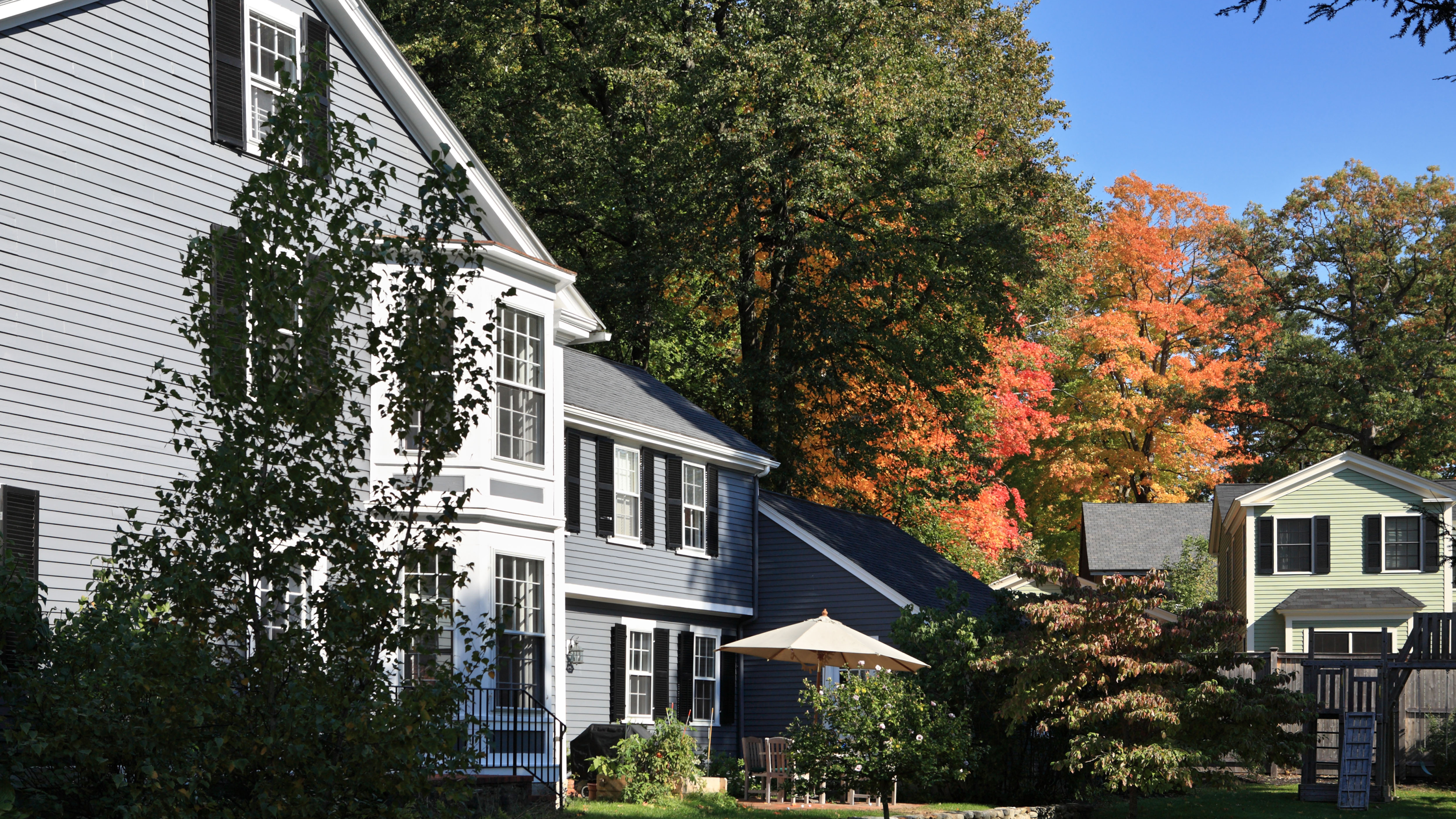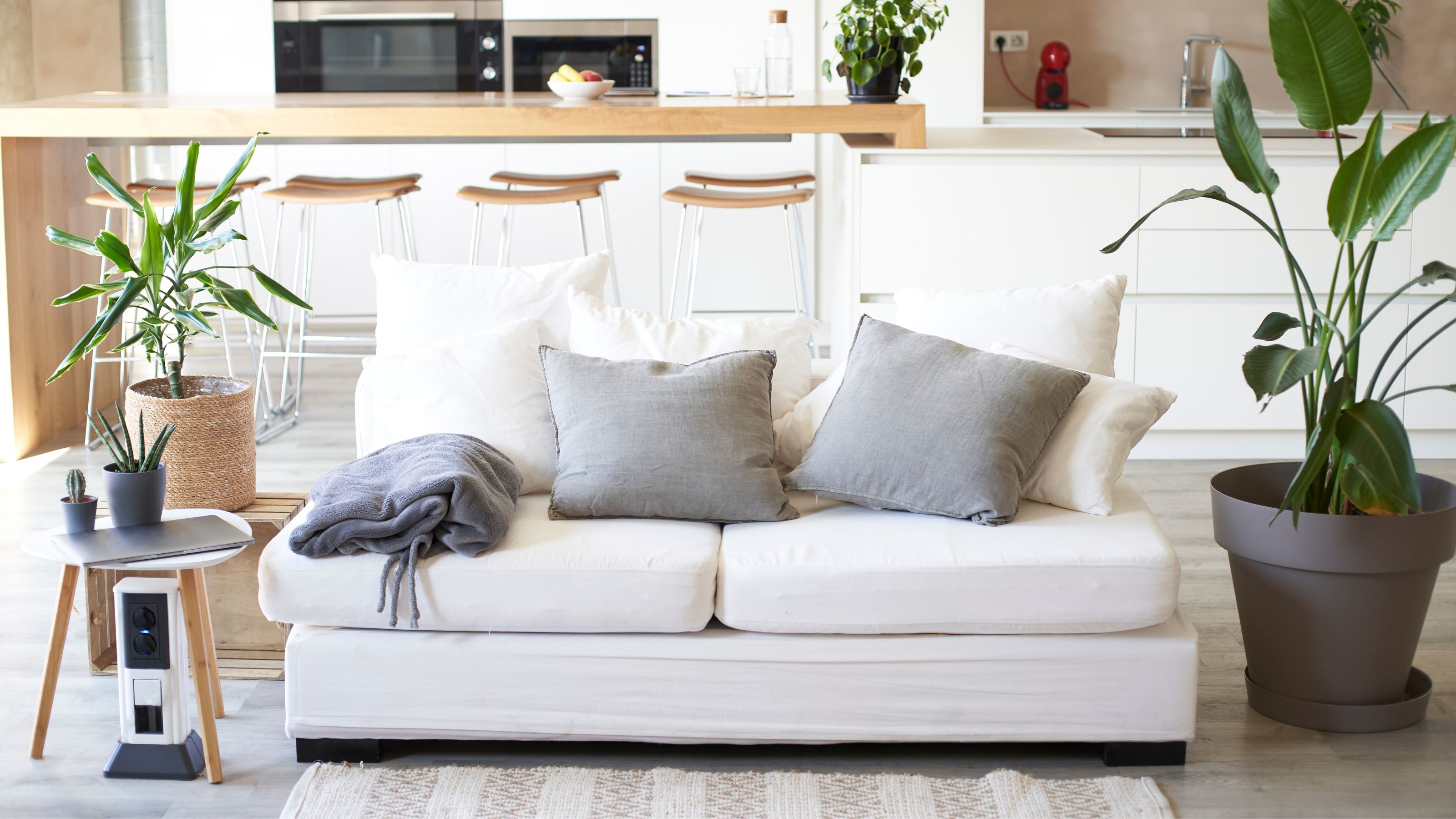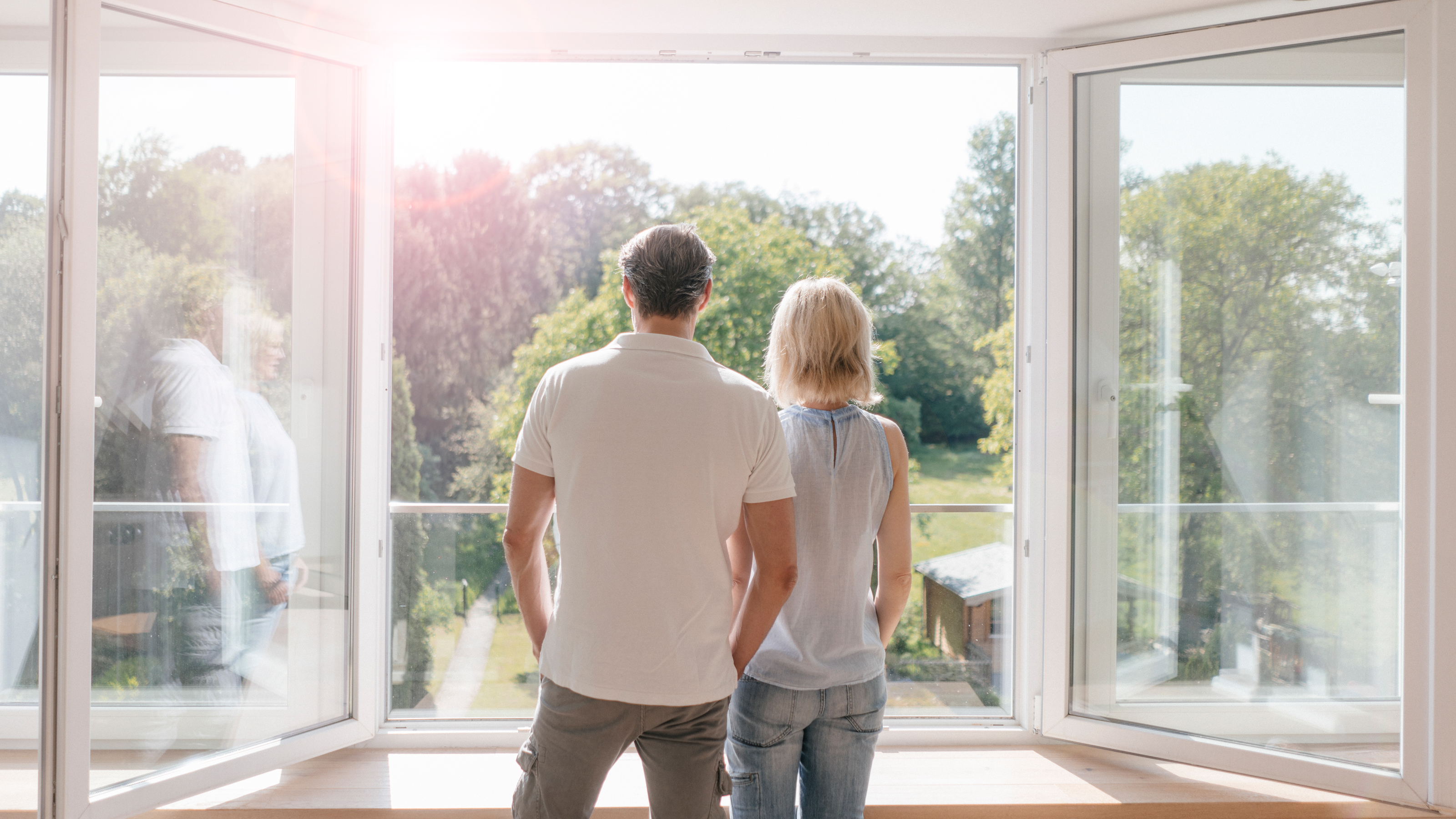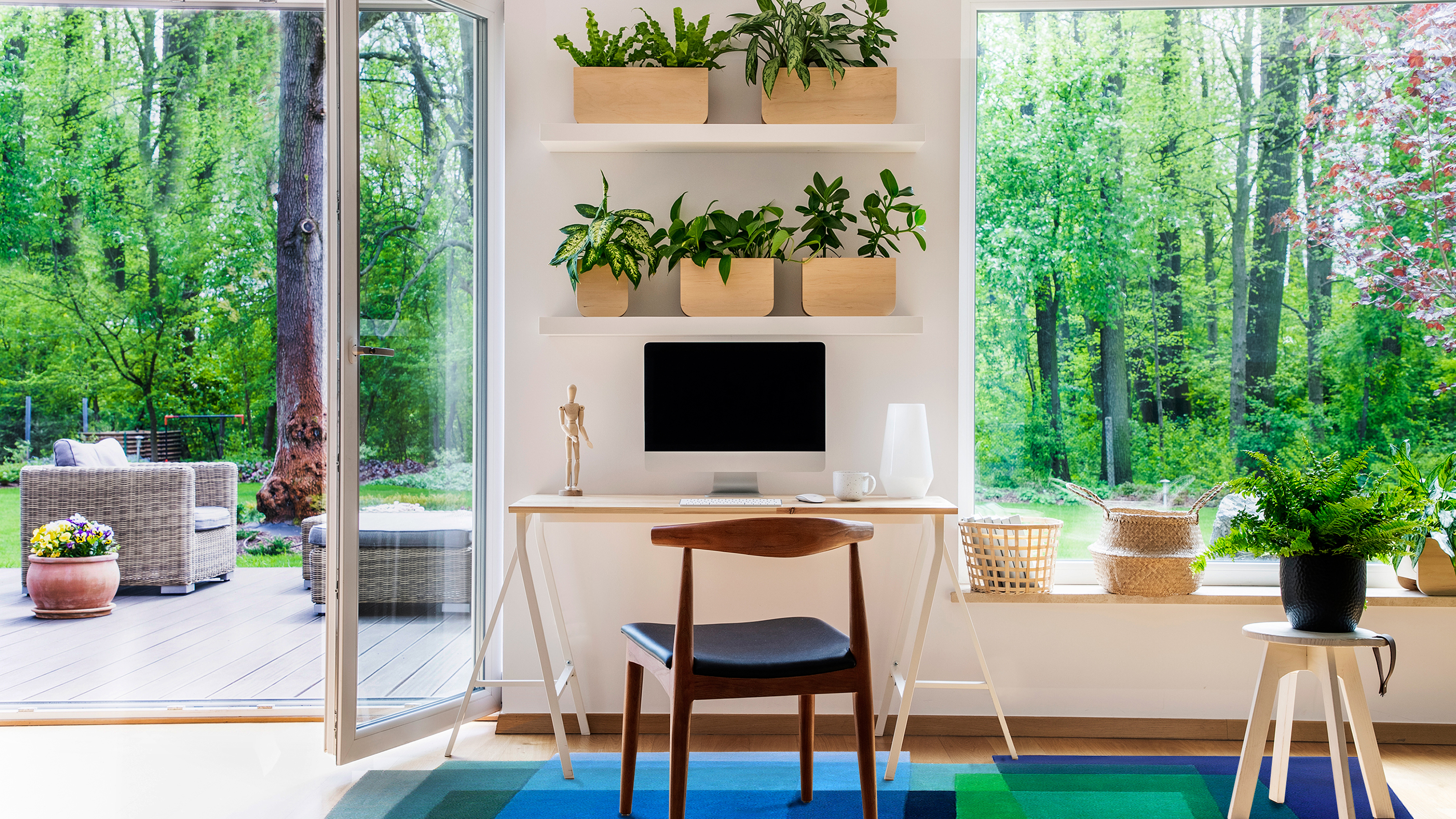
Looking at how to save to buy a house? Admittedly, buying your first home is getting more and more difficult, and the rising costs of living across the globe are making it more difficult to save for a downpayment on a house. On average, saving for buying a house now takes longer, not to mention that housing everywhere is much more expensive than it used to be.
So, yes, buying a house is tough right now. Is it impossible? Not necessarily. If you are in steady employment - and even if you are steadily self-employed - you can save money to put down on a house. It won’t be overnight, but rethinking a few habits can go a long way to giving you that all-important house deposit money. These tips all come from personal finance and real estate professionals. Follow them and you will have more money - which will bring that dream of homeownership a little closer.
1. Eliminate unnecessary expenses
Sound easier said than done? It’s not necessarily as hard as you think. George Clover, Partner at Helmores Estate Agents recommends rethinking any ‘get it now’ habits you may have acquired over the past few years: ‘whether it’s the weekly shop being delivered, that dress you fancy arriving at the door within 24 hours of ordering it, or a regular takeaway, when you stop to look at spending, you can usually see where savings can be made.’
The other major areas where unnecessary spending can be cut are subscriptions and memberships. Gym memberships are an obvious case in point -many people simply don’t use theirs or don’t use it enough to justify the annual expense. If that’s you, just cancel it. The same goes for streaming and music subscriptions - ‘are you actually using them all?’
2. Save on car payments by going for a less expensive model
Clover advises that although ‘we all love a new car’, you do need to remember that when it comes to getting a mortgage,’lenders look at monthly commitments and having car finance is a big hindrance to your borrowing power. If you’re prepared to change your car for something less expensive while you save for a deposit, not only will you save the monthly payments, you’ll also not be compromising your lending amount.’ Amount saved? You’re looking at thousands.
3. Rethink your food spending
The average person spends hundreds every month on grocery shopping, takeaway and coffees - going for cheaper brands and eating out less is a reliable way to save thousands a year. We’re not saying ‘never eat out again’ - just watch how many takeaways you’re getting and whether you could cut down by cooking at home an extra couple of nights a week.
Top tip: You can still get top-quality and even organic produce at cheaper prices if you shop at local farmer’s markets.
4. Downsize!
If you are renting a home, this is likely to be your biggest expense of all, and without finding a way to cut down on this major source of spending it will be more difficult to save for a downpayment. Brean Horne, personal finance expert, at NerdWallet, advises that saving on rent ‘can be done by finding a place with cheaper rent, moving into a house share or staying with family.’
5. Set a savings goal
The reason many people struggle to save for a house is that they simply don’t plan for it and don’t set realistic goals. Horne explains that ‘setting unrealistic goals for your budget as this could leave you worse off than before, especially if you have to dip into your savings to cover your living costs.’ It is also helpful to remember that these days ‘there are lots of budgeting apps available that can help you manage your spending and saving. Some challenger banks also offer budgeting tools to help you manage your money.’
Horne also offers a simple budgeting formula you can try: ‘Using the 50/30/20 rule can help you make an effective budget that you can stick to. With this rule, you would split your money in the following ways’:
- 50% of your income goes to essentials, such as rent and bills
- 30% of your income goes to your wants, such as socializing or hobbies
- 20% of your income goes to your savings
6. Lower your energy bill
Although this can seem very tough right now, there are still ways to lower your energy bill even if you don’t have access to costly insulation projects. ‘Switching to cheaper deals for household bills can also help you save more. Price comparison websites can help you shop around and look through hundreds of deals quickly.’ You should also try to reduce energy use by cutting down on large appliance use - or getting energy-efficient ones.
7. Eliminate credit card debt
As any personal finance expert worth their salt will tell you, you need to learn how to get out of debt before you even start saving. Being saddled with thousands in credit card bills makes saving inefficient because you’re still repaying interest.
8. Increase your income
This is a no-brainer: more income = more money for a downpayment. You don’t have to take on a second job if other responsibilities make it difficult, but you can explore quick ways to make money from home that can, in some cases, give you thousands extra you can put toward a house.
9. Boost your savings
If you’re already saving but finding that you’re not saving enough, there are ways to boost your existing savings if you’re creative with what you do with the money you do have. Datha Santomieri, the co-founder and vice president of the insurance agency Steadily, recommends building a ‘war chest’ for your downpayment. This is how you do it: ‘ accumulate assets that produce the consistent income you can use to purchase a house. Buy assets that pay you. Repeat! A ‘‘war chest’’ is an amount of money intended for a specific purpose or action. This reserve of funds is dedicated to purchasing assets that will keep a consistent stream of money coming in.’
‘The key is to repeatedly invest these funds into assets that constantly generate income, such as savings accounts, stocks, real estate, bonds, businesses, and online assets such as courses, webinars, or blogs. Careful selection of fruitful assets can bring you financial stability and a steady reserve of funds you can use for a solid down payment on a house.’
In the UK? Consider opening a Lifetime ISA, which is a special savings account designed to help people buy their first home with a value of £450,000 or less, or to put away savings for their retirement. You can open a Lifetime ISA from the ages of 18 to 40 but can keep saving into the account until you reach 50.
Horne explains: ‘You can save up to £4,000 a year into your Lifetime ISA, which can be in cash or stocks and shares, and the government will add a 25% bonus to your savings, which is capped at £1,000 a year.’
10. Keep organized
Another major reason many people fail to save enough for a deposit is that they simply don’t keep track of how much they spend. Jo Winston, Sales Director at St. Modwen Homes, advises that ‘the best way to get on top of your savings is to ensure you are keeping track of where your money goes. We’ve all done it - headed to our bank accounts after a busy month and wondered where all our money has disappeared to.
Consider using free apps, such as Monzo, that allow you to categorize all your spending and keep tabs on your money. ‘Additionally, Monzo has a helpful optional feature to save any ‘‘spare change’’. This means any purchases can be automatically rounded to the nearest pound, and the ‘spare change’ is added to your savings pot.’
‘This can prove extremely helpful when trying to save, as you can see which areas you may need to pull back on. What’s more, you can set up individual pots to separate your wages each month – making it even easier to budget every aspect of your life!’
How much do I need to save for a downpayment?
Isaiah Henry, the CEO of property management company Seabreeze reassures potential house buyers that ‘while it’s important to have some cash on hand, you don’t need to save up 20 percent for a down payment. If you have a decent credit score and a solid income, you may be able to secure a conventional loan for as little as three percent down. You will likely have to pay for private mortgage insurance (PMI), but that’s not the end of the world.’
However, Donald Olhausen Jr, Owner of WeBuyHousesInSanDiego.com, points out that apart from the downpayment money, ‘it is usually advised to save a few months' worth of mortgage payments in a savings account for general maintenance and repairs. Besides your monthly mortgage payment, homeowners can run into unexpected repairs such as broken water heaters and needing new roofs. If no savings are set aside for this, these expenditures can be a nasty surprise.’
How long does it take to save to buy a house?
This varies hugely depending on your location, income, and saving habits. If you live in a major city or metropolitan area, it likely will take you longer to save because although wages are higher so are rents. Relocating to a cheaper area if your job allows you to work remotely is one of the best ways to cut down on the time it will take you to save for a downpayment because you’ll be able to save on the biggest source of spending - rent.
Join our newsletter
Get small space home decor ideas, celeb inspiration, DIY tips and more, straight to your inbox!
Anna is a professional writer with many years of experience. She has a passion for contemporary home decor and gardening. She covers a range of topics, from practical advice to interior and garden design.
-
 Do I need renters insurance — and what are the benefits?
Do I need renters insurance — and what are the benefits?Wondering if you need renters insurance? Find out about the legal requirements around renters insurance and whether it’s worth your time and money.
By Anna K. Cottrell
-
 These are the top homebuyer regrets to avoid, according to a real estate expert
These are the top homebuyer regrets to avoid, according to a real estate expertLA realtor identifies the most common homebuyer regrets – and what you can do to avoid them
By Anna Cottrell
-
 An empty room can add value to a home, according to a real estate expert
An empty room can add value to a home, according to a real estate expertIt turns out that having an empty room in your home can help you sell for more – here's how
By Anna Cottrell
-
 Want to escape the sky-high home prices? You need to be looking at this type of home
Want to escape the sky-high home prices? You need to be looking at this type of homeNew research reveals some surprising facts about the kind of homes that are currently more affordable for buyers
By Anna Cottrell